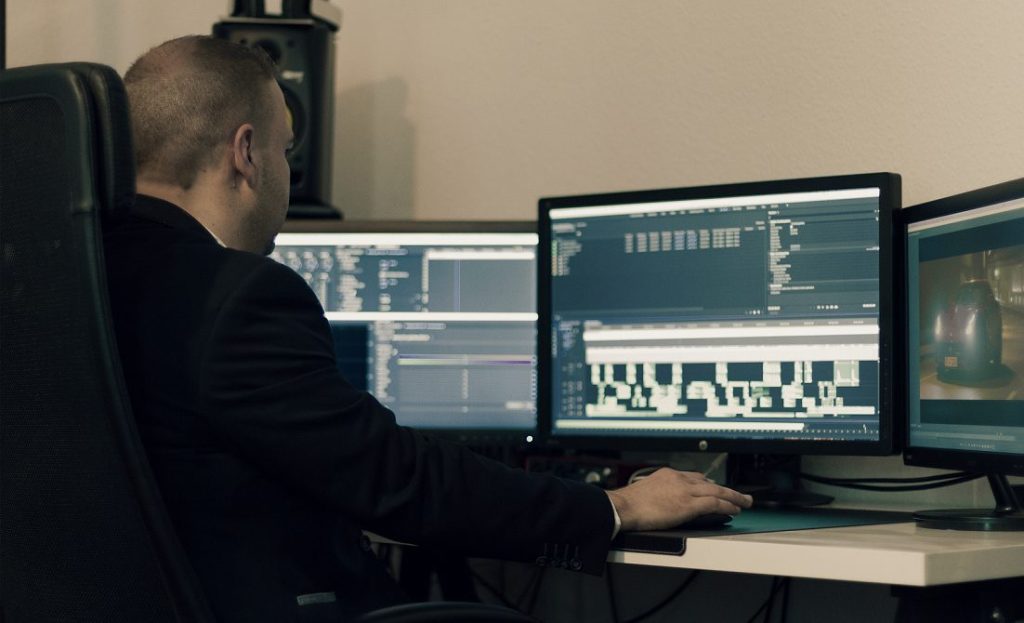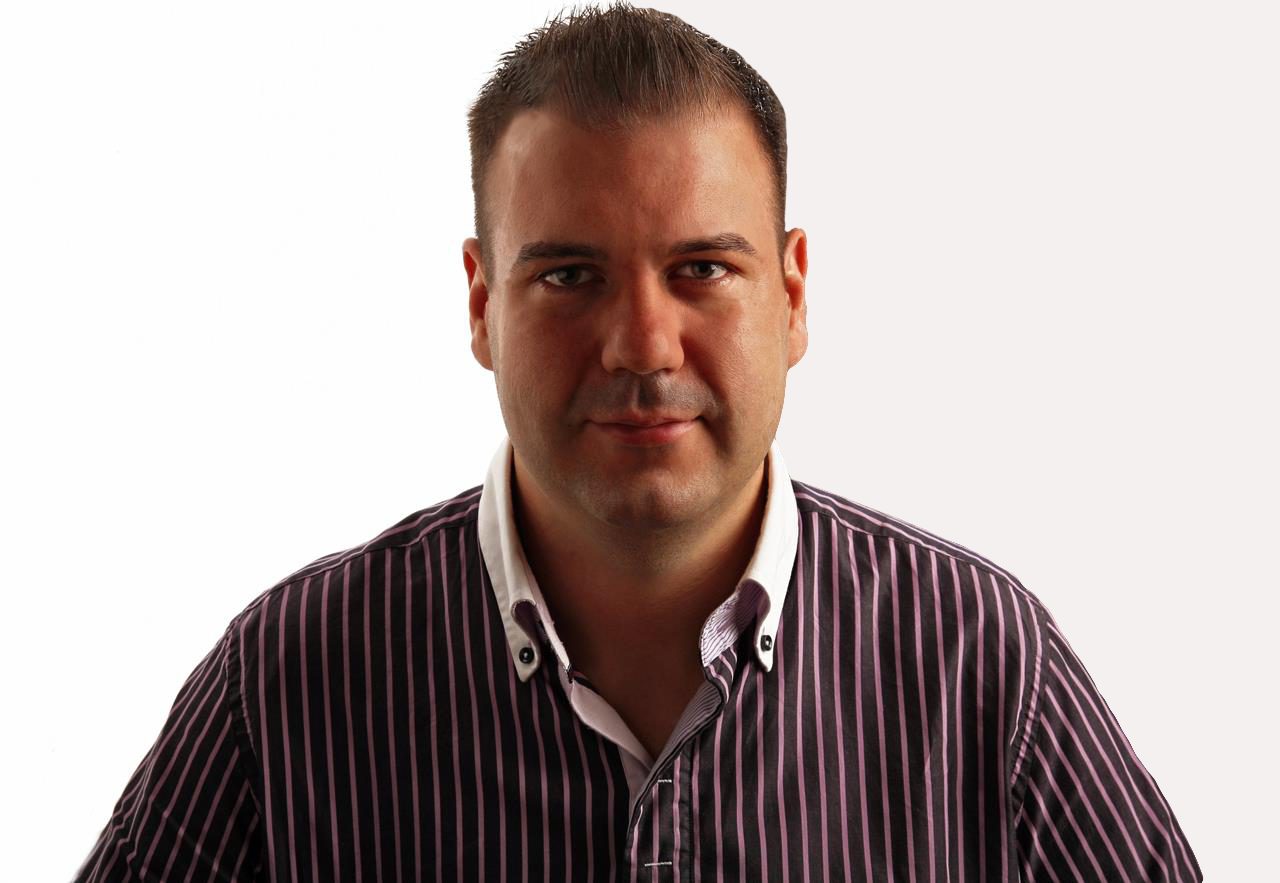With over 12 years of experience in the film industry, Zhelyaz has worked across Germany and the US and is known for his ability to handle complex, international projects. As he puts it, “Editing is the essence of every film. It allows the story to unfold and achieve its ultimate goal truly – to fascinate the audience.”
Galore SA Media had the opportunity to get to know Zhelyaz and his work a bit better…
Can you tell us about your journey in the film industry and what initially drew you to film editing?
Film editing has proven to be both surprisingly intriguing and incredibly rewarding. Before starting on my first project, I never realized how vital this part of the process is or how much it shapes the final film. An editor’s choices can shift the direction of the story or change the tone completely.What I also love about editing is that you’re essentially the film’s first true audience. While everyone on set only gets to see fragments—scenes shot one at a time—the editor is the first to experience the whole story. That thrill never fades for me, and it’s exciting every single time.
You’ve worked on numerous international projects across Germany and the US. How have these experiences shaped your approach to film editing and directing?
The approach to filmmaking differs significantly between Germany and the US. In Europe, particularly in Germany, the artistic vision tends to take precedence, whereas in the US, there’s a stronger emphasis on a film’s commercial viability. This distinction impacts every stage of production and distribution. Through my experience in both environments, I’ve developed a unique perspective that merges the strengths of these two approaches, allowing me to create films that balance artistic integrity with commercial appeal. I’ve learned how to leverage this dual perspective to my advantage, ensuring that my work resonates across different audiences and markets.

You mentioned that “editing is the essence of every film.” Could you elaborate on how you approach the editing process to ensure the story truly fascinates the audience?
Many people unfamiliar with the process tend to think that film editing is purely a technical skill—just learn the software, and you’re good to go. In reality, it’s quite the opposite. While technical proficiency is essential, editing is primarily about intuition and storytelling. It’s about using your instincts to piece together a puzzle, feeling out the rhythm and emotional tone of a film.
The key is learning to trust your gut. The first rough cut gives you an initial sense of the movie’s vibe, and from there, you refine and adjust until everything clicks and feels right.
What inspired you to channel your expertise into the South African film industry, and what unique opportunities do you see here?
For me, the South African film industry is a hidden gem. It boasts highly skilled professionals, top-tier talent, and attractive incentives for filmmakers. Beyond that, its complex social landscape serves as a rich incubator for nuanced and intricate storytelling.

Can you share more about your collaboration with Nizaam Ackerman and Rebecca Teresia? How do their backgrounds and skills complement your vision for South African cinema?
Rebecca is a relentless powerhouse when it comes to networking and connecting people—a crucial trait for a producer, as securing financing is often the primary focus of the role. Nizaam, on the other hand, brings extensive experience across various aspects of production, including budgeting, organizing crews, and managing locations. His expertise ensures that everything runs smoothly on set, and he excels at delegating tasks effectively to keep the production on track.
One of your notable projects, “The Loser Takes It All,” is currently streaming on Apple TV. What was the most challenging aspect of co-editing this series, and how did you overcome it?
Imagine a violin contest where duos had to break free from traditional classical music—bold, funny, chaotic performances were the rule. Musicians improvised wildly, even bribing the jury, turning the competition into a whirlwind of unpredictability. In editing, we had to sift through that madness to find the narrative and piece it all together. And trust me, there was a lot of chaos to work with.
“Roads to Olympia” has received significant acclaim. What was your role in this project, and what impact do you hope it has on audiences?
I was one of the editors on that film and fully aligned with the director’s vision that sports can play a crucial role in helping people overcome challenging socio-economic conditions. Yet, too often, discrimination prevents many from participating. The film sheds light on these barriers, and I hope it contributes to raising awareness and sparking change in this regard.
You worked on a futuristic drama set in a dystopian South Africa titled “AGAIN.” What can you tell us about this project and its significance for South African storytelling?
The project is still in development. Due to the high production costs and the ongoing studio politics behind the scenes, it’s taking longer than anticipated to move forward.

How do you balance the technical and creative aspects of film editing, especially when working on complex, international projects?
I’m focusing less on the technical aspects of editing because when you get too caught up in the details, you risk losing sight of the bigger picture—telling the story. The main goal is to ensure the story flows naturally, and that’s where my energy needs to be during the editing process.
What advice would you give to aspiring filmmakers and editors who want to make a mark in the industry, particularly those from South Africa?
Try to carve your own path and ignore the naysayers. It’s a risky business, and the only way to succeed is by being resilient and persistent. This truth applies to the film industry worldwide, not just in South Africa.



